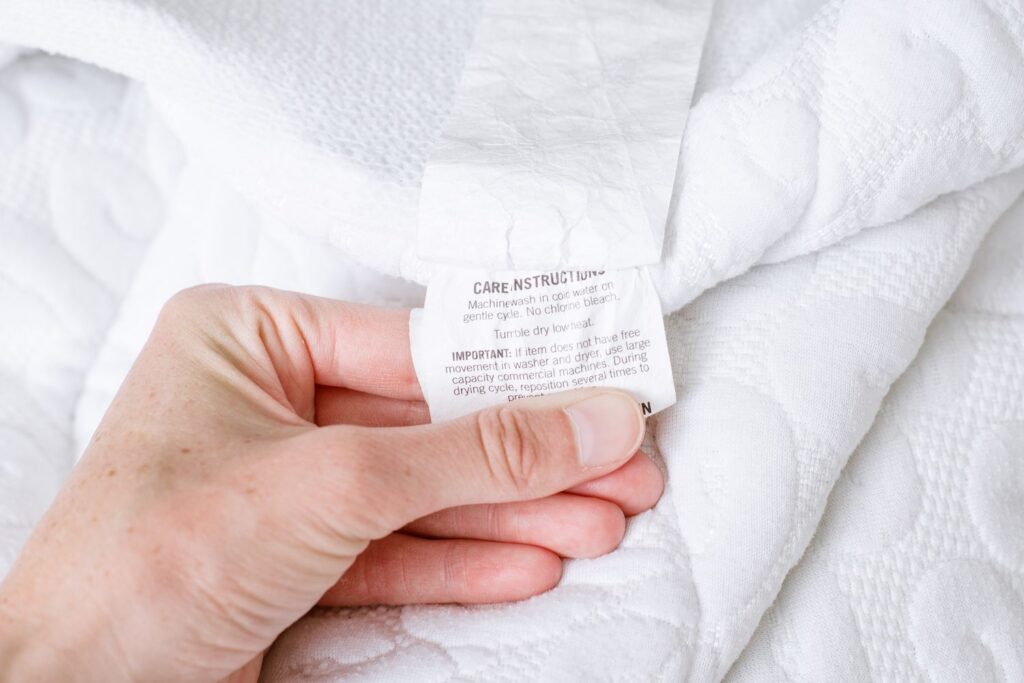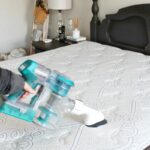Do you have a mattress protector that needs drying quickly and easily? If so, you have come to the right place. In this article, we will show you how to quickly and easily dry your mattress protector. We will cover the best methods for drying mattress protectors, including hanging, using a dryer, and more. Read on to learn all about how to dry your mattress protector quickly and easily.
What is a Mattress Protector?
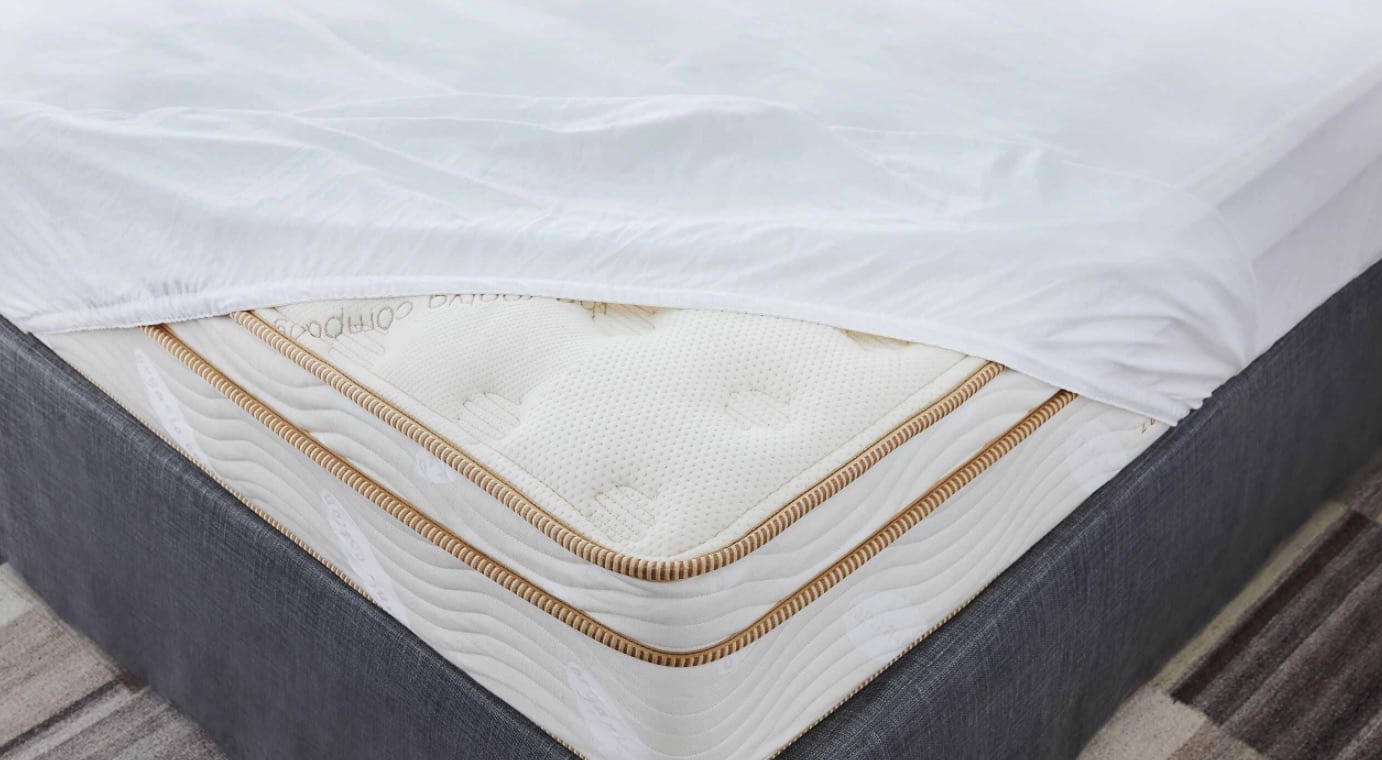
A mattress protector is a protective layer that is placed between the mattress and the fitted sheet. It is designed to guard the mattress from spills, dust, and other contaminants, while also providing comfort and support. It is usually made of cotton, polyester, or vinyl, and sometimes has a waterproof or water-resistant backing to protect the mattress from any spills or accidents.
How to Quickly and Easily Dry a Mattress Protector:
- Remove the mattress protector from the bed and place it on a flat surface.
- Wipe down the protector with a damp cloth to clean it.
- Place the mattress protector in the washing machine and wash it using a mild laundry detergent.
- Remove the mattress protector from the washing machine and place it in the dryer. Set the dryer to a low temperature setting and use the air-dry option if available.
- Remove the mattress protector from the dryer and hang it on a clothesline or drying rack to allow it to fully air-dry.
- Place the mattress protector back on the bed and make sure it is properly fitted.
Benefits of a Mattress Protector
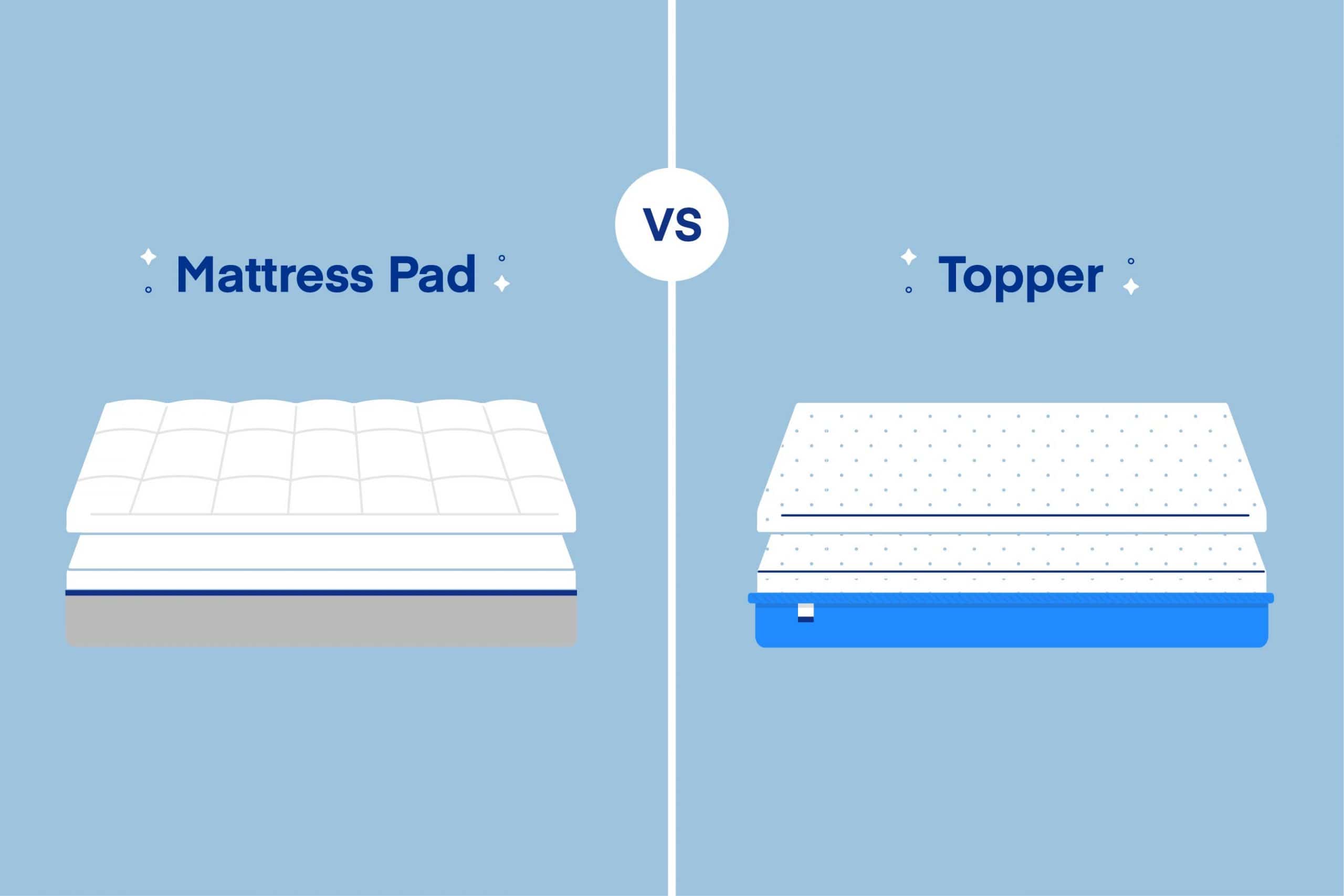
- Hygienic: A mattress protector helps keep your mattress clean and hygienic by preventing dust mites, bacteria, and other allergens from settling in the mattress.
- Durability: A mattress protector increases the life of your mattress by preventing wear and tear. It also helps protect your mattress from spills and stains.
- Comfort: Mattress protectors are made of materials such as cotton, bamboo, and memory foam that are comfortable and breathable. This helps you to stay cool and comfortable while sleeping.
- Waterproof: Most mattress protectors are waterproof, which helps protect your mattress from liquids, such as sweat or spilled beverages.
- Easy to clean: Mattress protectors are easy to remove and clean. This helps make your mattress last longer and keep it looking like new.
How to Choose the Right Mattress Protector
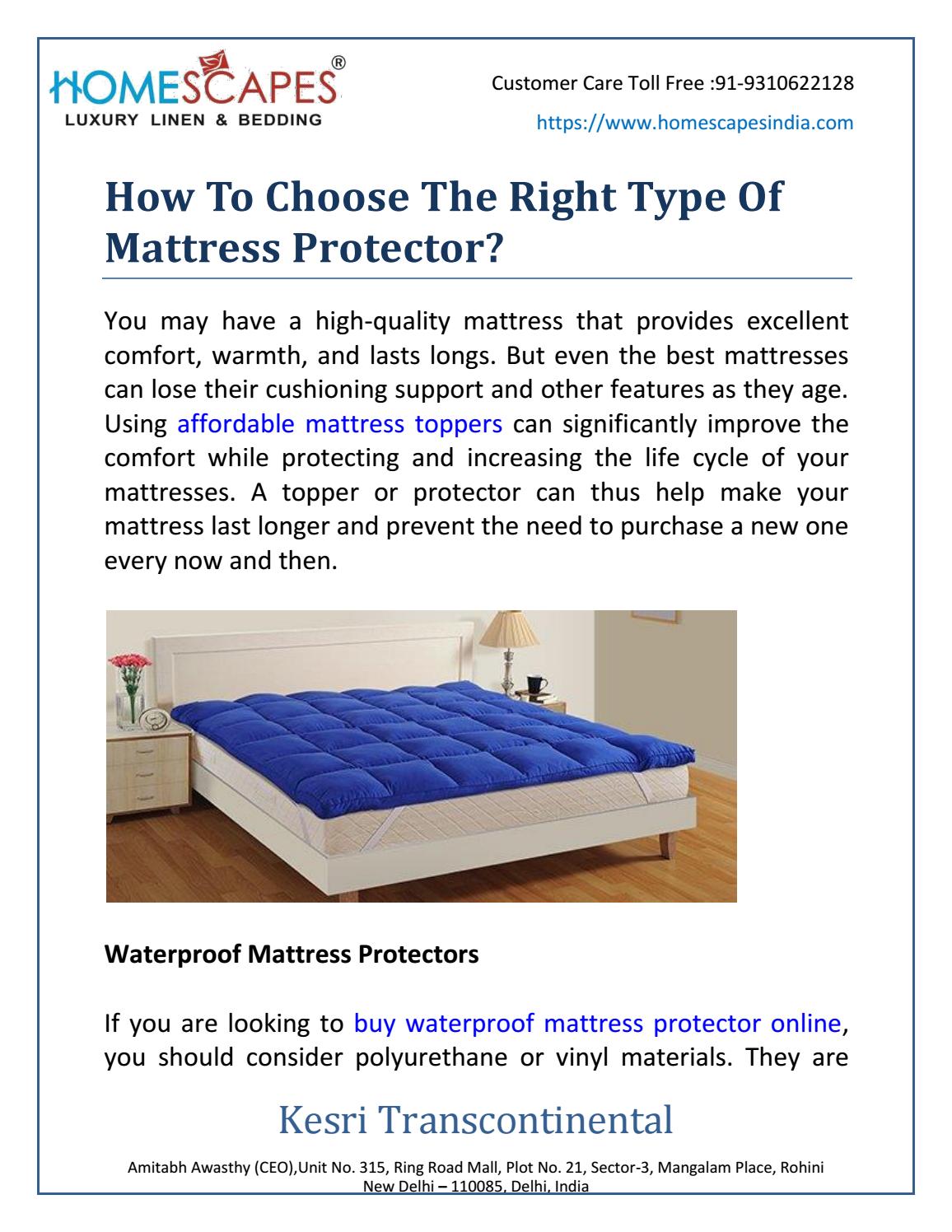
Durability: Look for a mattress protector that is made from a durable material, such as cotton, polyester, or microfiber, which will last for several years. Also, check for waterproofing, which will ensure that your mattress is protected from spills.
Size: It’s important to choose the right size mattress protector for your bed. Measure your mattress and make sure that the protector you choose is the right size for it. It should fit snugly on your mattress.
Breathability: Make sure that the mattress protector you choose is breathable. This will allow air to circulate around your mattress and help to keep it cool and dry.
Material: Look for a mattress protector that is made from natural materials, such as cotton, wool, or bamboo. These materials are not only breathable, but also hypoallergenic and dust mite resistant.
Care: Look for a mattress protector that is easy to care for. It should be machine washable and dryable, so that you can easily keep it clean.
How to Prepare the Mattress Protector
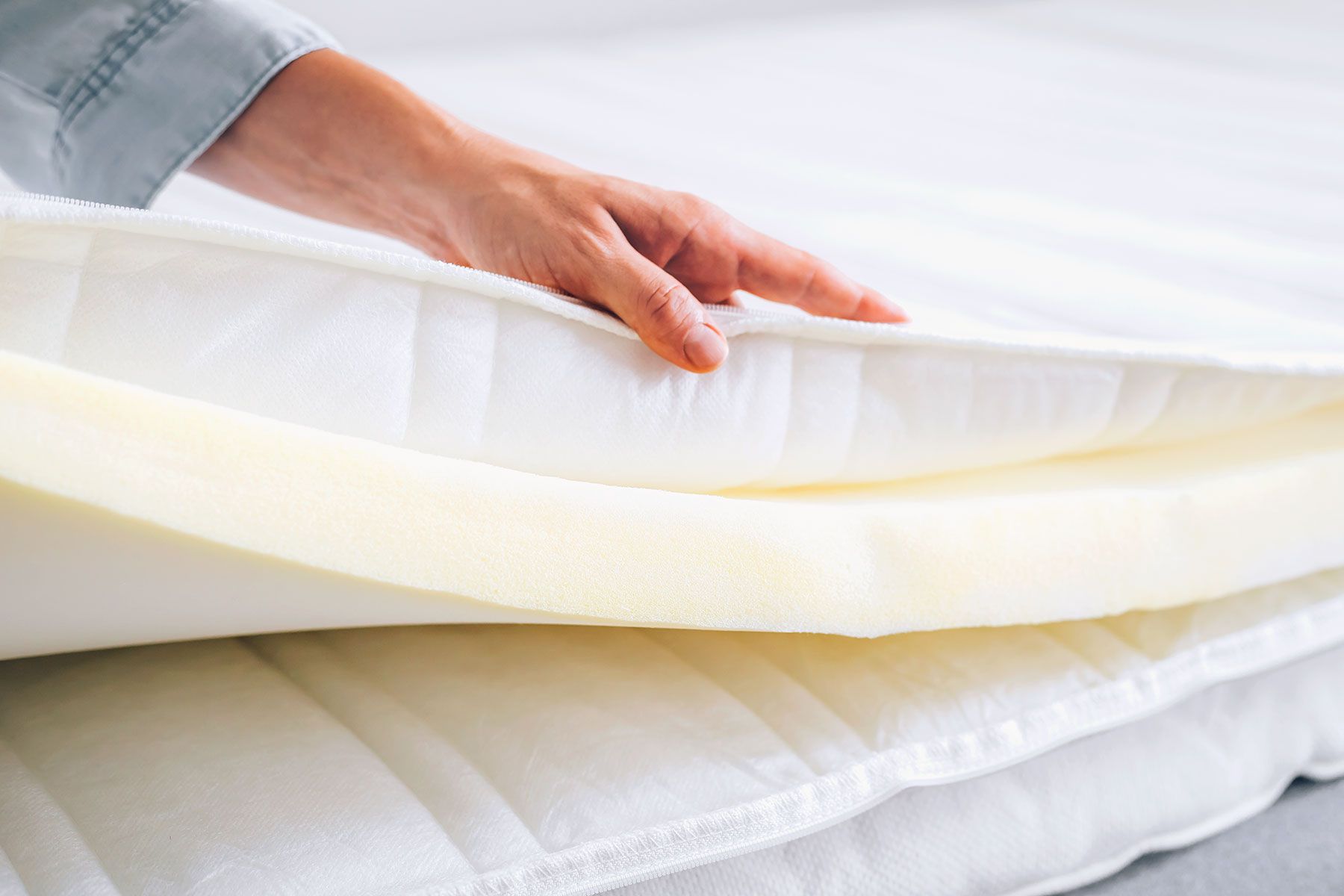
- Remove the Existing Cover: Take off the existing mattress protector from the mattress. This will help to reduce the chances of contamination.
- Check for Tears and Stains: Carefully inspect the mattress protector for any tears, stains, or damage. If there are any, replace the protector to prevent further damage.
- Clean the Mattress Protector: Wipe down the surface of the protector with a damp cloth. You can also use a mild detergent to remove any dirt or stains.
- Vacuum the Protector: Use a vacuum cleaner to remove any dirt and dust particles that may have stuck to the surface of the protector.
- Air Dry the Protector: Hang the mattress protector outside where it can be exposed to fresh air. Allow it to dry completely before placing it back on the mattress.
How to Quickly and Easily Dry a Mattress Protector
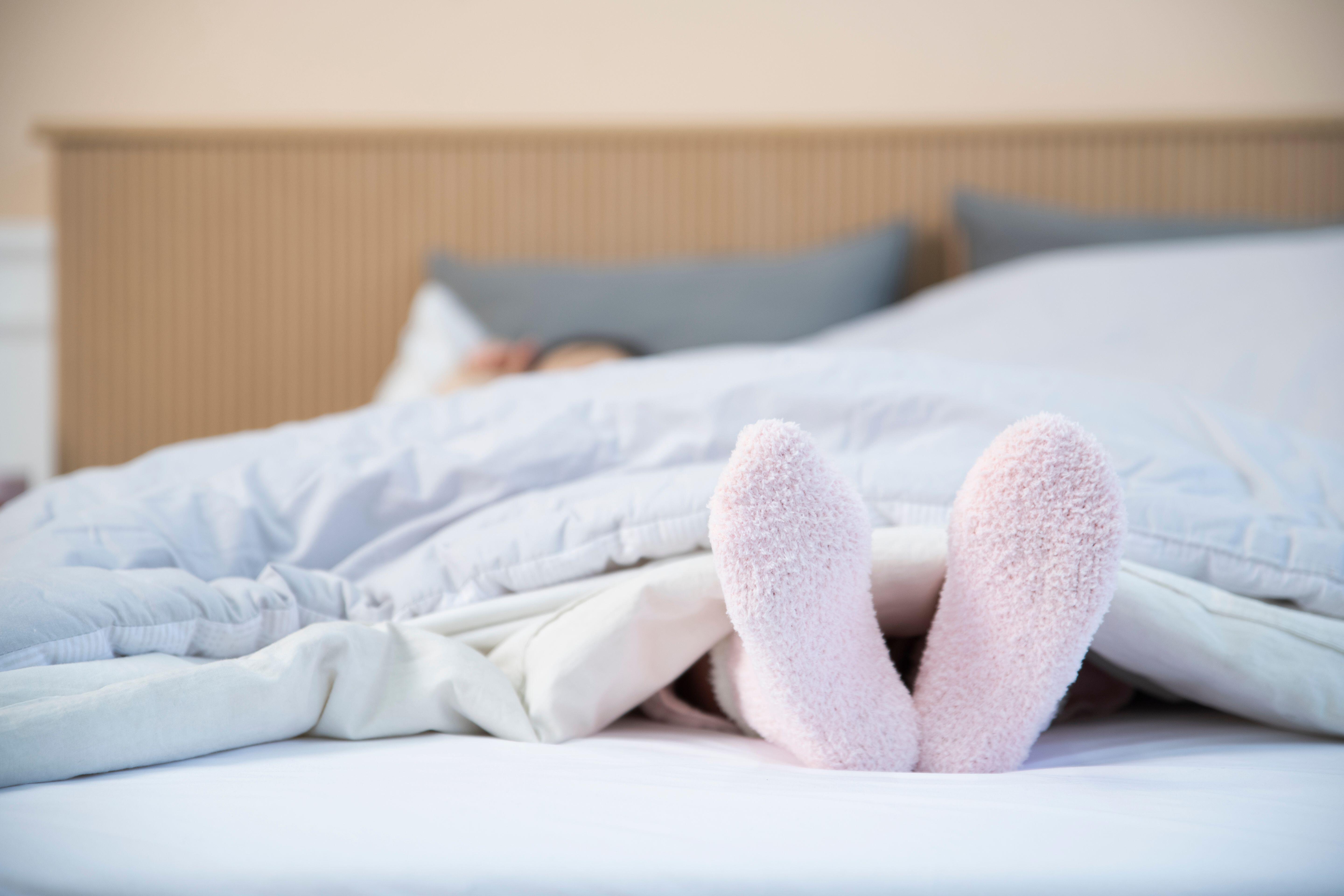
Air-Drying
Air-drying is the simplest and most efficient way to dry your mattress protector. Hang it up in an area with good air circulation and avoid direct sunlight. This will help to prevent shrinkage or discoloration. To speed up the drying process, you can use a fan to blow air over the mattress protector.
Machine-Drying
Another way to quickly dry a mattress protector is by using a machine-drying method. Place the protector in the machine on the lowest heat setting and make sure the spin cycle is off. Add a couple of towels to the load for extra absorption and to help speed up the drying process. Once the cycle is complete, immediately remove the mattress protector from the machine.
Tips for Drying a Mattress Protector
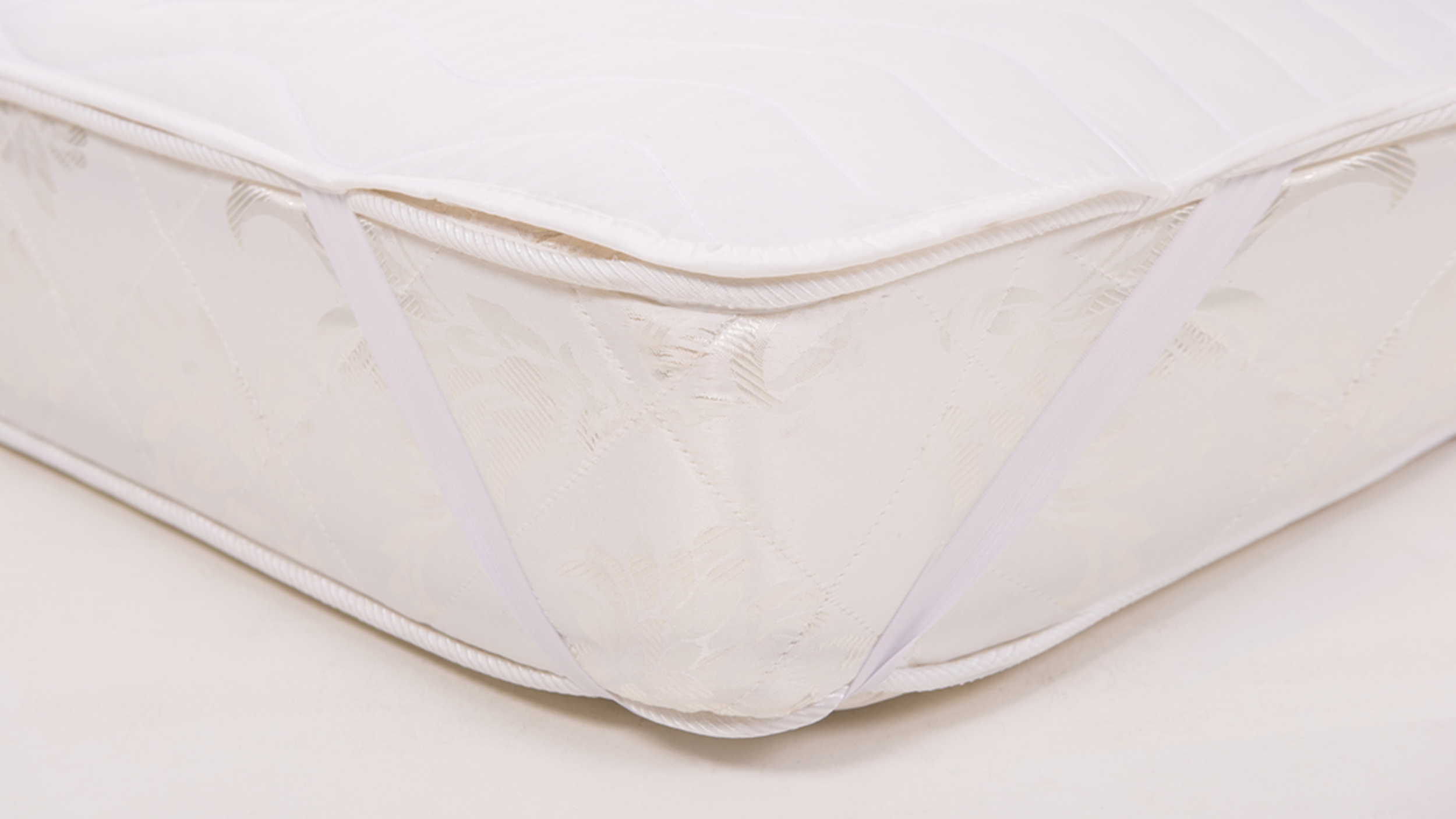
- Air-dry: Hang the mattress protector on a clothesline or drying rack and allow it to air-dry.
- Use a fan: If you don’t have access to a clothesline or drying rack, try using a fan to dry the protector.
- Machine dry: If you opt to machine dry the protector, use the lowest heat setting and remove the protector from the dryer promptly when it is finished.
- Spot cleaning: For small spots, try spot cleaning the protector with a damp cloth or sponge, then allow it to air-dry.
Common Mistakes When Drying a Mattress Protector
- Using Too Much Heat – Using too much heat when drying a mattress protector can damage the fabric, causing it to shrink and become brittle. Opt for a lower temperature when drying your mattress protector.
- Using Regular Detergent – Regular detergents are often too harsh for mattress protectors and can cause discolouration or damage to the fabric. It’s best to use a mild, specially-formulated detergent specifically designed for delicate fabrics.
- Leaving It in the Dryer Too Long – Leaving a mattress protector in the dryer too long can cause it to shrink and stiffen, making it difficult to put back on the mattress. Make sure to remove the protector from the dryer as soon as it’s done so you can avoid this issue.
- Not Drying It Completely – Not drying the mattress protector completely can cause mildew or mold to form. Make sure to dry the protector thoroughly before putting it back on the mattress to avoid any moisture-related issues.
- Using Bleach – Never use bleach when drying a mattress protector. Bleach can weaken the fabric and cause it to break down, leading to a shorter lifespan.
Frequently Asked Questions
What type of Mattress Protector should I use?
When selecting a mattress protector, look for one that is waterproof and breathable. This will help keep sweat and other liquids out, while still allowing air to circulate to the mattress. Make sure the mattress protector is machine washable, as this will make it easier to keep clean and dry. Look for a protector that fits securely over your mattress and is easy to install.
How Often Should I Dry My Mattress Protector?
It is recommended to dry your mattress protector every 2-3 months to ensure it is free of dust and dirt. Depending on the type of protector, machine washing and drying on a low heat setting is usually safe. After washing and drying, you should inspect the protector for signs of wear and tear and replace it if necessary. Additionally, you should occasionally vacuum the mattress protector to remove any debris or dust.
Can I use a clothes dryer to dry my mattress protector?
Yes, you can use a clothes dryer to dry your mattress protector. However, drying a mattress protector in the dryer requires some precautions to ensure you don’t damage the fabric. Here are some tips to help you quickly and easily dry your mattress protector in a dryer:
- Check the care label on the mattress protector before drying.
- Use the lowest heat setting possible.
- Add a few dryer balls or a few clean tennis balls to help reduce static.
- Tumble dry for 15-20 minutes.
- Remove the mattress protector from the dryer and hang to finish drying.
When drying a mattress protector in the dryer, use caution and follow the instructions on the care label to prevent damage to the fabric. It is best to hang the mattress protector to finish drying to avoid any shrinkage.
Is it Safe to Use a Hairdryer to Dry My Mattress Protector?
Yes, it is safe to use a hairdryer to dry a mattress protector. However, there are certain precautions to take to ensure it is done safely. Here are some tips for using a hairdryer to dry a mattress protector:
- Always use a low heat setting when using a hairdryer to dry a mattress protector.
- Keep the hairdryer at least 6 inches away from the mattress protector to avoid overheating.
- Move the hairdryer around the mattress protector to ensure even drying.
- Do not allow the hairdryer to remain in one spot for too long, as this could cause damage to the fabric.
- Do not use a hairdryer on a wet mattress protector, as this could cause heat damage to the fabric.
Using a hairdryer is a fast and efficient way to dry a mattress protector. However, it is important to take the necessary precautions to ensure it is done safely.
How long will it take to dry my mattress protector?
Drying a mattress protector depends on the type of material and the size of the protector. If the protector is made of a lightweight fabric, it can usually be dried in a single cycle in the dryer. If the protector is thicker, or if it is made of a waterproof fabric, it may take a few cycles in the dryer to fully dry. In addition, air drying a mattress protector can take anywhere from a few hours to overnight.
Conclusion
Mattress protectors are a great way to keep your mattress fresh and clean for longer. Drying a mattress protector quickly and easily is possible with the right methods. Hang the protector on a line, in the sun for best results. If that’s not possible, use a fan or clothes dryer on a low setting. If neither of those options are available, you can lay the protector on a flat surface to air dry.
